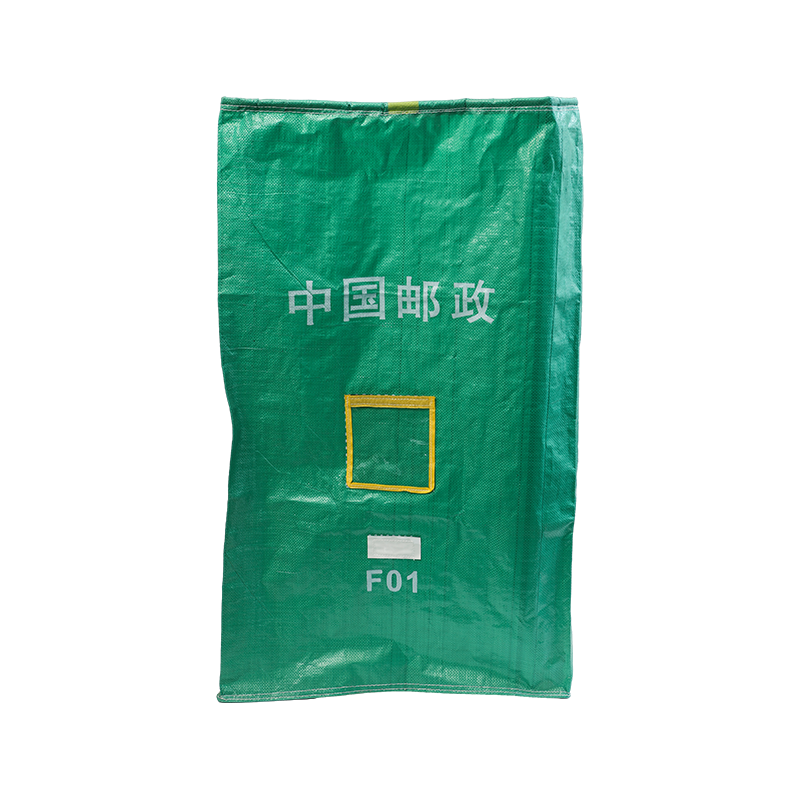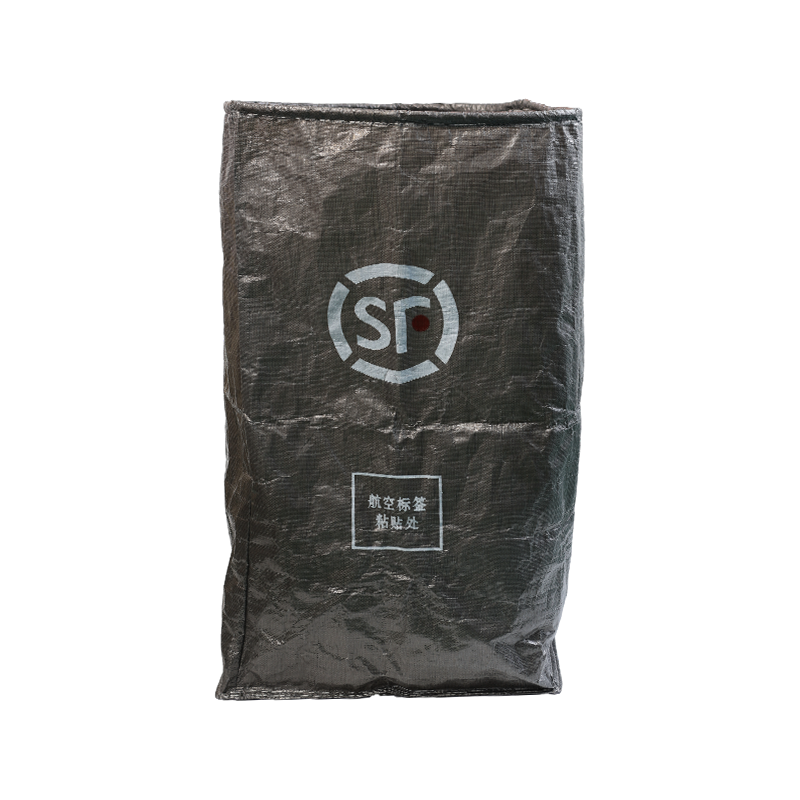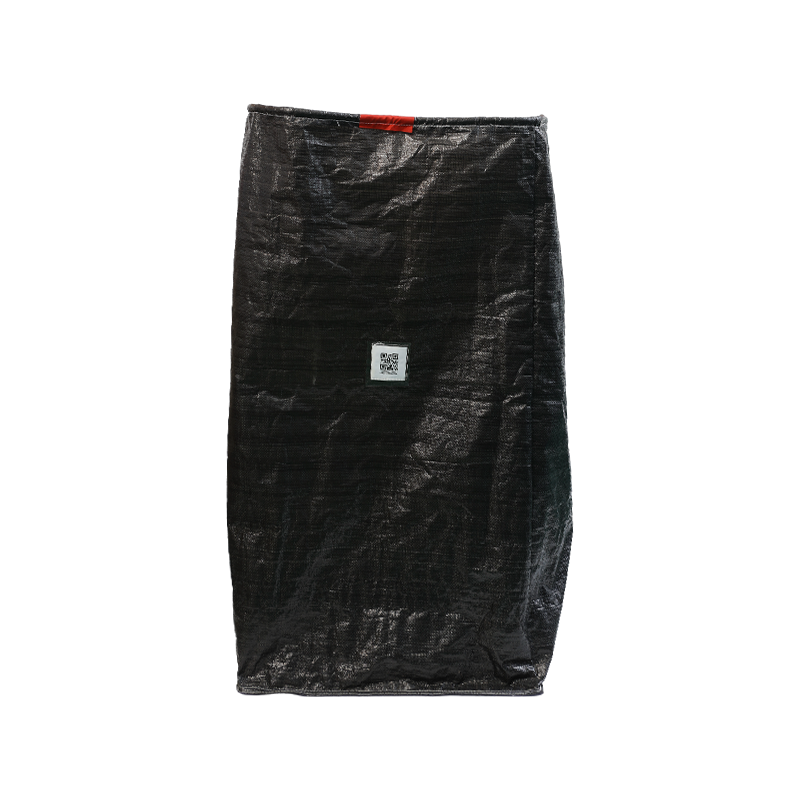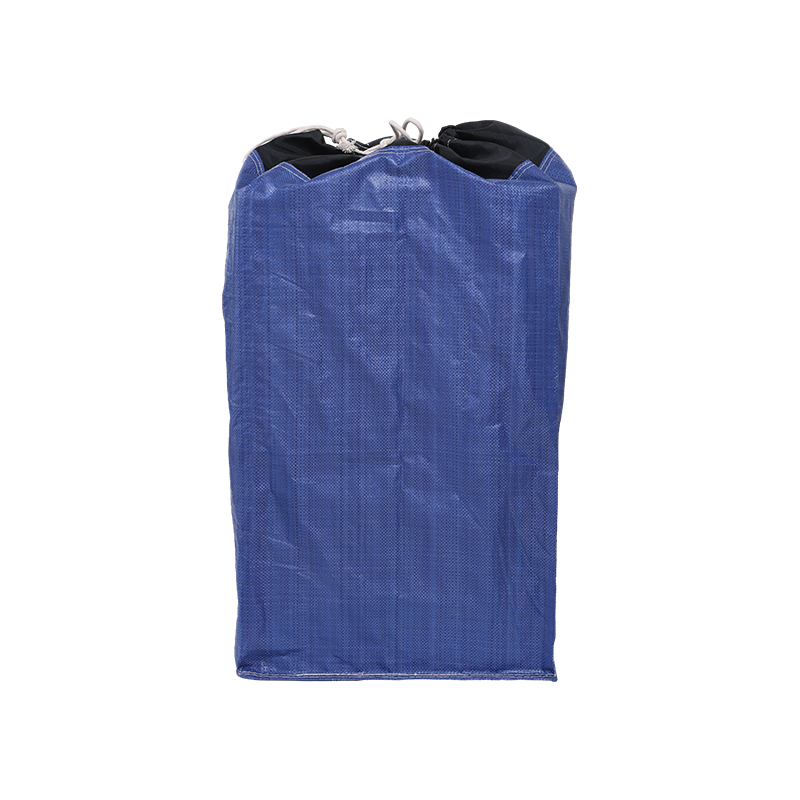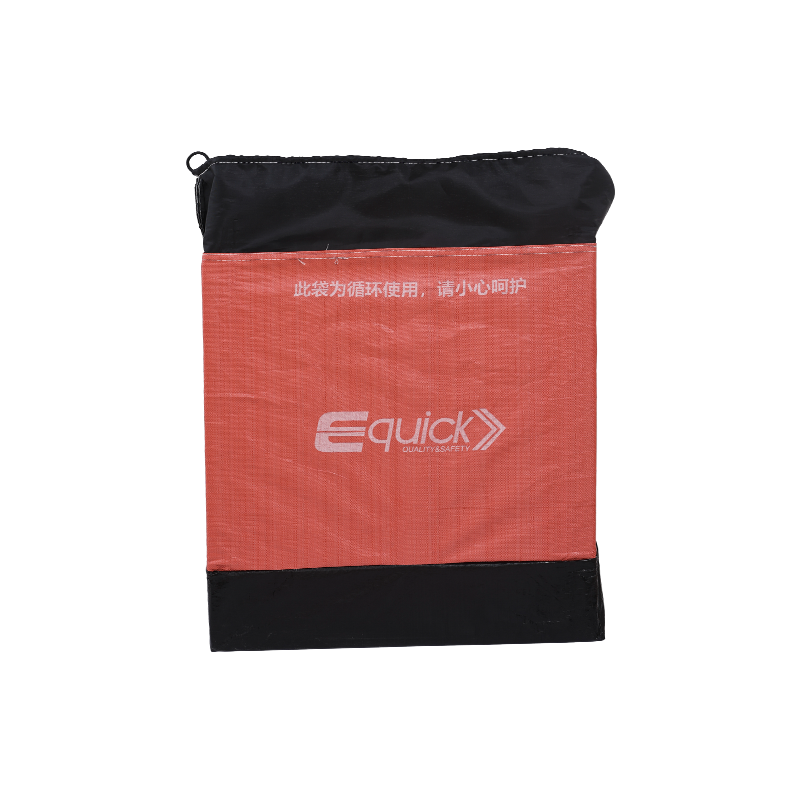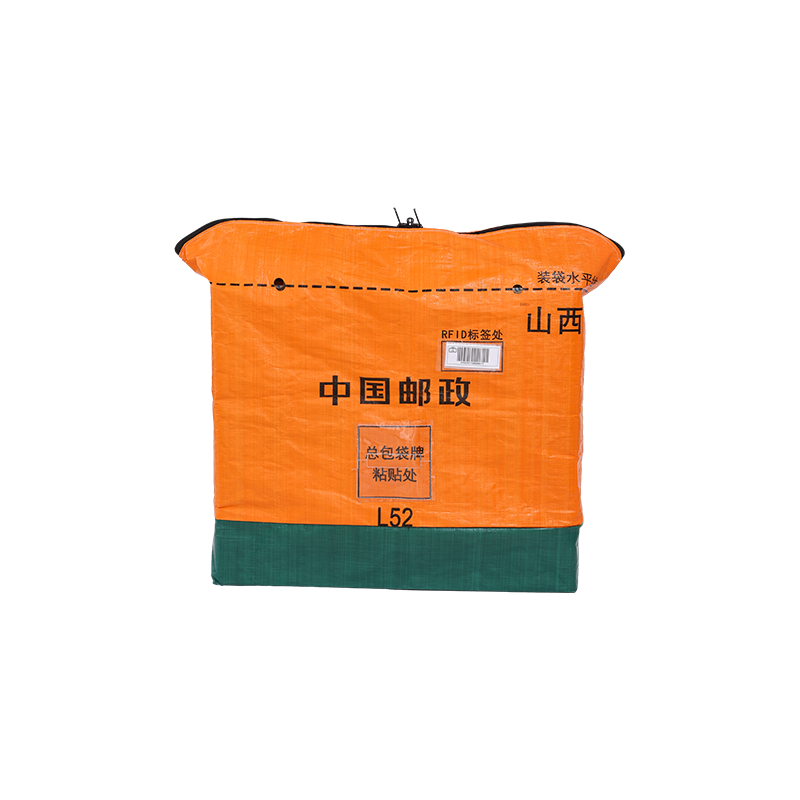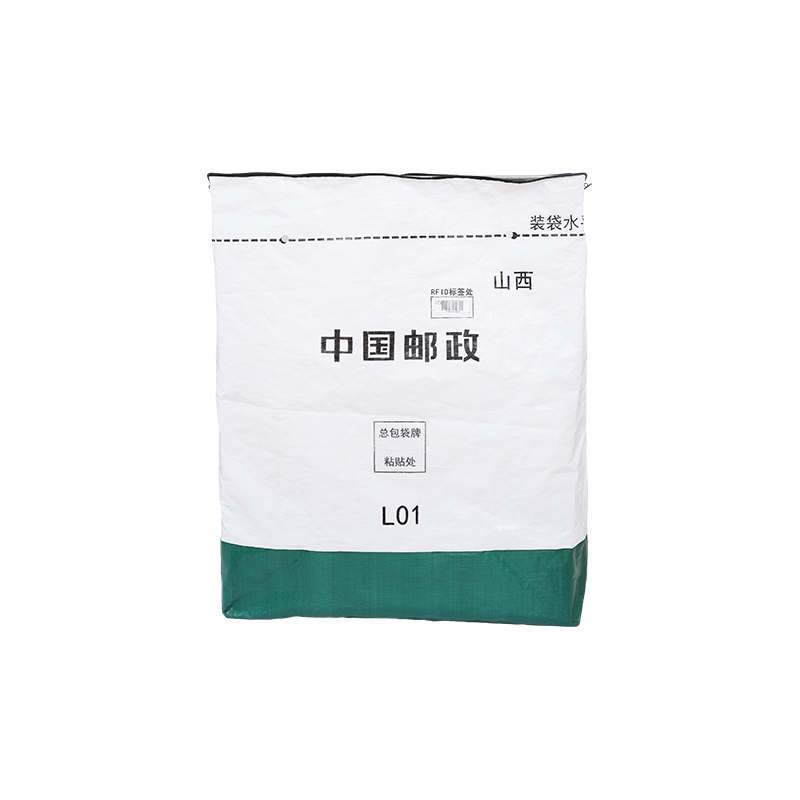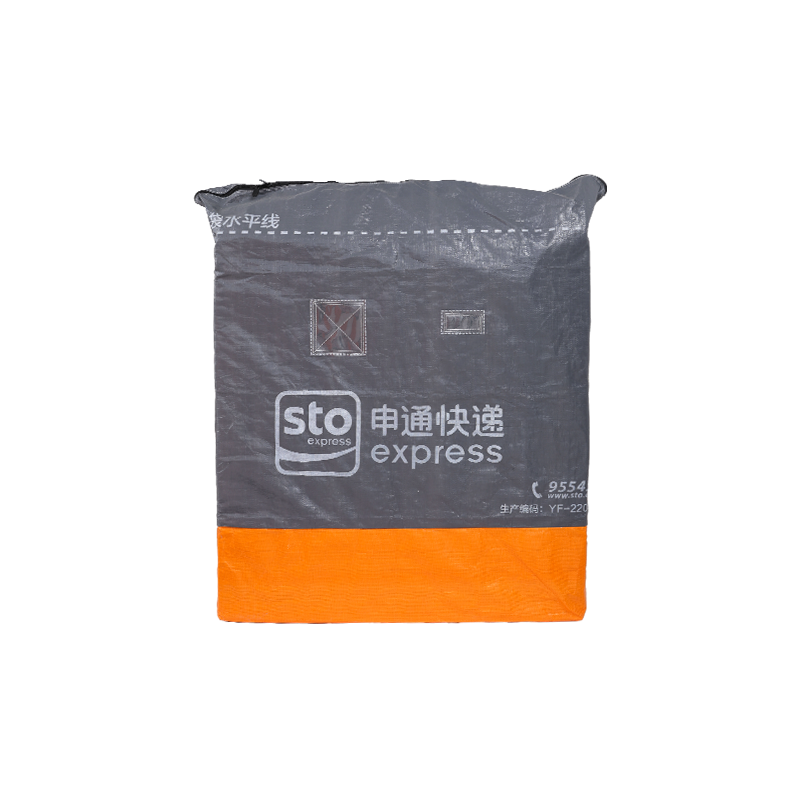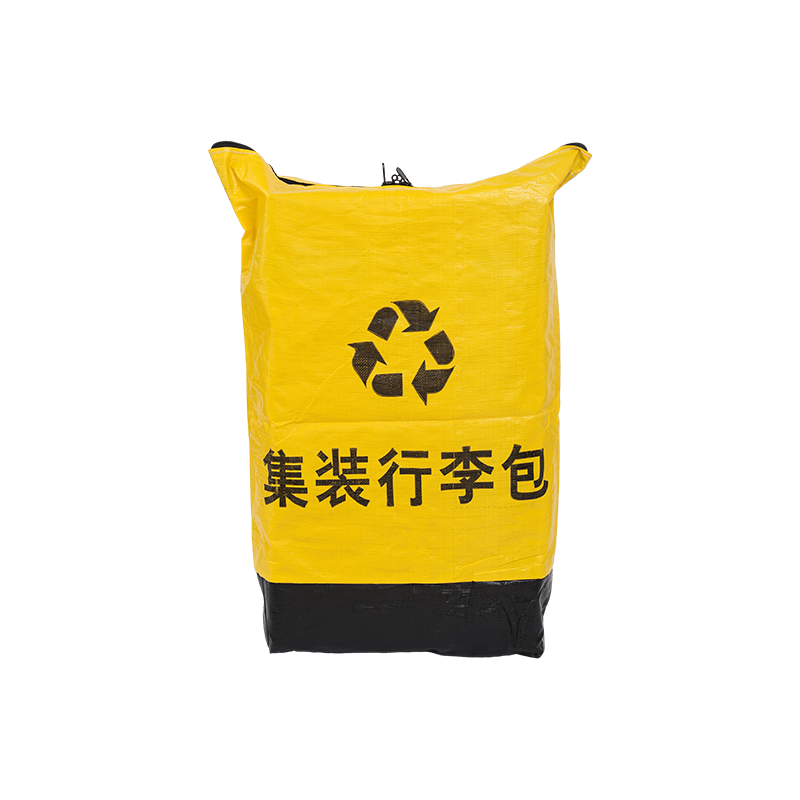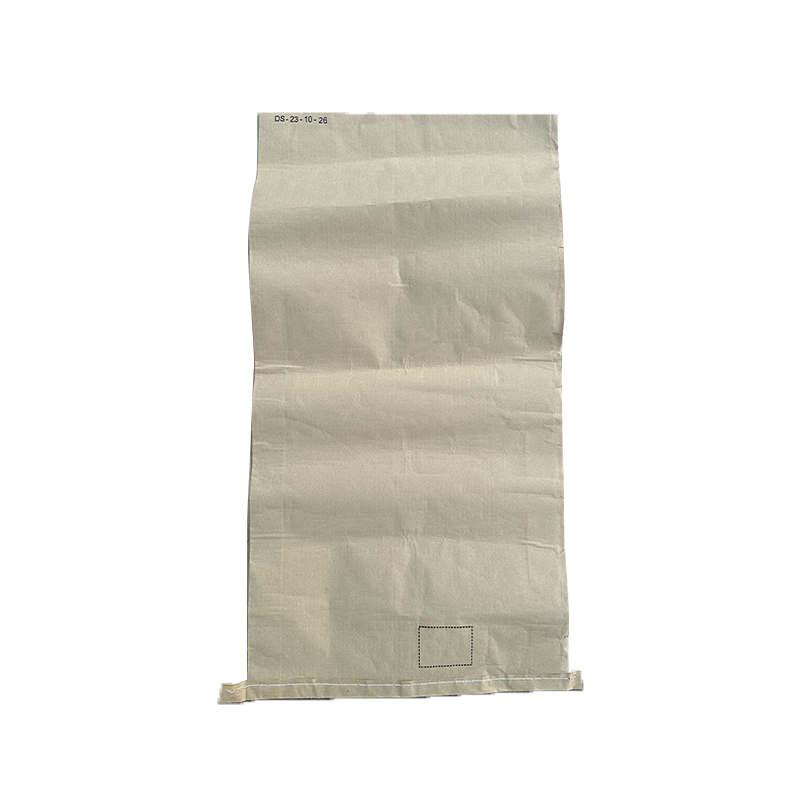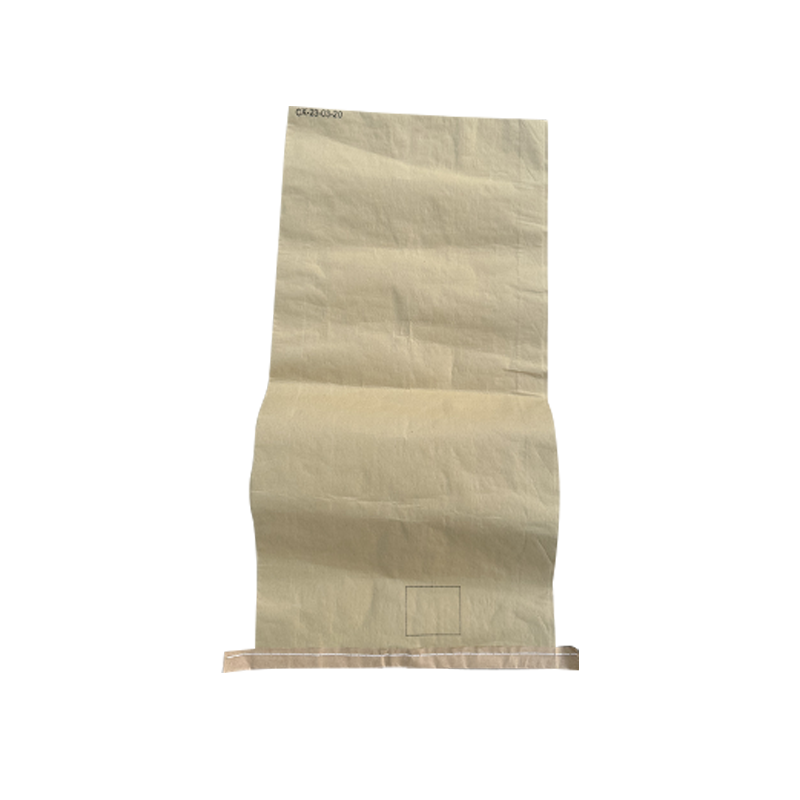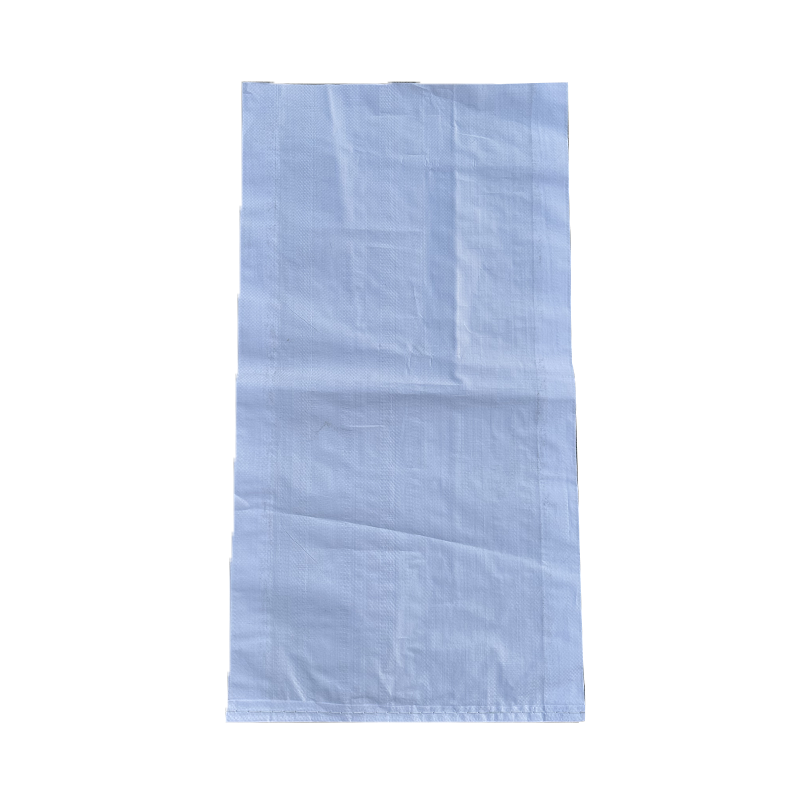Provide you with the latest enterprise and industry news.
The weather resistance of Recycled Bulk Bags under different environmental conditions is one of the important indicators to evaluate their quality and reliability. This weather resistance depends on a number of factors, including the quality and stability of the recycled materials used, as well as the technology and additives used in the production process.
The materials of Recycled Bulk Bags are usually made of recycled plastic or fiber materials, which have been recycled and reprocessed, making them environmentally friendly and sustainable. However, because the source and quality of recycled materials can be inconsistent, so can their weather resistance. Stabilizers and antioxidants added during the production process can improve the weather resistance of Recycled Bulk Bags, allowing them to maintain stability and strength in various harsh climate conditions.
At the same time, high-quality production technology and equipment levels also play an important role in the weather resistance of Recycled Bulk Bags, ensuring sufficient strength and stability during their manufacturing process. In actual use, Recycled Bulk Bags may face different environmental conditions, such as high temperature, low temperature, ultraviolet radiation, acid rain, etc. These factors will affect their weather resistance.
Users also need to pay attention to avoid exposure to harsh environmental conditions when using and storing Recycled Bulk Bags, and perform regular inspections and maintenance to ensure their performance and longevity. By comprehensively considering the above factors, the weather resistance of Recycled Bulk Bags under different environmental conditions can be effectively improved, thereby extending their service life and reducing environmental impact.


 English
English русский
русский